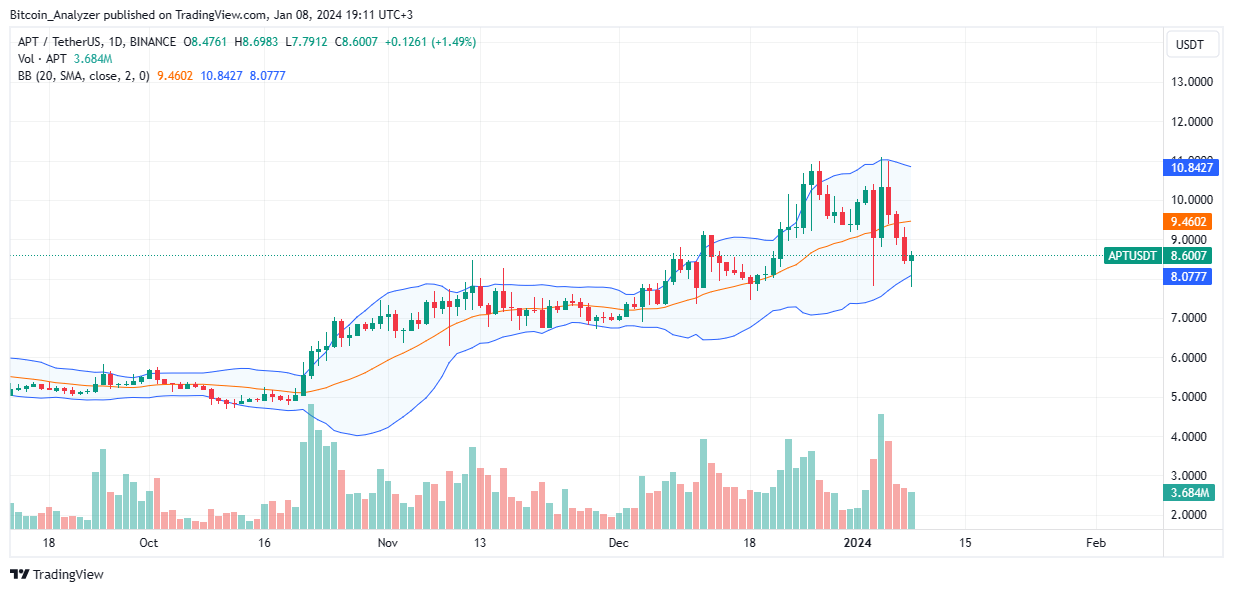Columbia University professor warns against using Aptos, Celestia

[ad_1]
Columbia Business School author and professor Omid Malekan expressed concern that token economic activity in newly launched Layer 1 blockchains such as Aptos and Celestia could eventually attract the attention of regulators and be suppressed.
The behavior of “insiders” in Aptos, Celestia and other projects is unfair
January 7, Malekan notes It is common practice for projects to allow insiders to lock up tokens for staking and earn rewards. While the professor acknowledges that more staking can enhance network security, allowing “insiders” to stake locked tokens and earn rewards is “unfair” since retail token holders would have to pay full price for the property .
Typically, most insiders tend to be early adopters who participate in seed sales or other funding rounds and receive the token price at a significant discount, which gives them an “edge” and even the opportunity to become a whale or hold a large amount of capital. This is especially true if the project is successful and leads the market with a huge valuation.
Malekan also expressed concerns about allowing insiders to sell their staking rewards immediately, sometimes years before the tokens are unlocked. “This is simply wrong,” the professor objected, adding that such behavior “opens a backdoor for privileged insiders to dump on ordinary users for quick profits.”
The professor advised new projects such as Celestia and Aptos to adjust their token economic strategies. Specifically, their goals should prioritize long-term sustainability and a path to neutrality, primarily for the benefit of all token holders, rather than rewarding insiders and early investors.
The authors say there are “many red flags” and “time setbacks” to what is happening under the current regime.

Aptos Price Trending Up on Daily Chart | Source: trading view
The SEC and other regulators may soon step in
The professor warned that if these projects fail to address the above issues, regulators such as the U.S. Securities and Exchange Commission (SEC) may intervene. It is worth noting that most institutions, especially the SEC, are cautious when commenting on altcoins other than Bitcoin.
Some SEC officials have clarified that only Bitcoin is a commodity. However, the rest can be classified as securities based on their assessment.
To highlight how this classification severely affects staking and therefore network security, Gary Gensler avoided answering a question about whether Ethereum, the world’s largest altcoin, is a security or a commodity like Bitcoin.
Join Bitcoin Magazine on Telegram: https://t.me/tapchibitcoinvn
Follow on Twitter (X): https://twitter.com/tapchibtc_io
Follow Douyin: https://www.tiktok.com/@tapchibitcoin
HomeHomepage
According to Bitcoinists




